The Establishment of a Community of Practice (CoP) to Promote Technology-enhanced Language Learning and Teaching
(This symposium will be delivered in hybrid mode with physical venue at Creative Arts Room, 1/F, MMW Library.)
8 December 2021 I 9:30 – 10:30
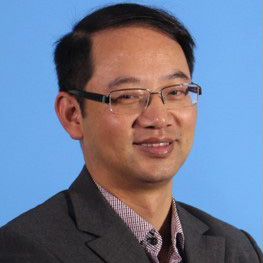 Co-Chair
Co-Chair
Dr WANG Lixun
Department of Linguistics and Modern Language Studies
The Education University of Hong Kong
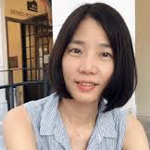 Co-Chair
Co-Chair
Dr CHEN Hsueh Chu Rebecca
Department of Linguistics and Modern Language Studies
The Education University of Hong Kong
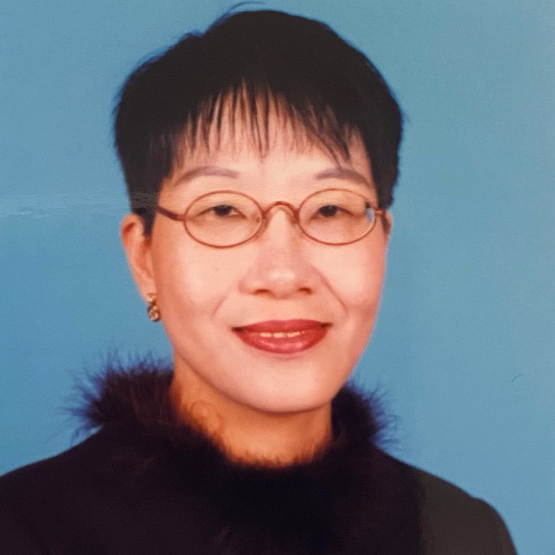 Ms WONG Lai Kwan Mag
Ms WONG Lai Kwan Mag
Department of Linguistics and Modern Language Studies
The Education University of Hong Kong
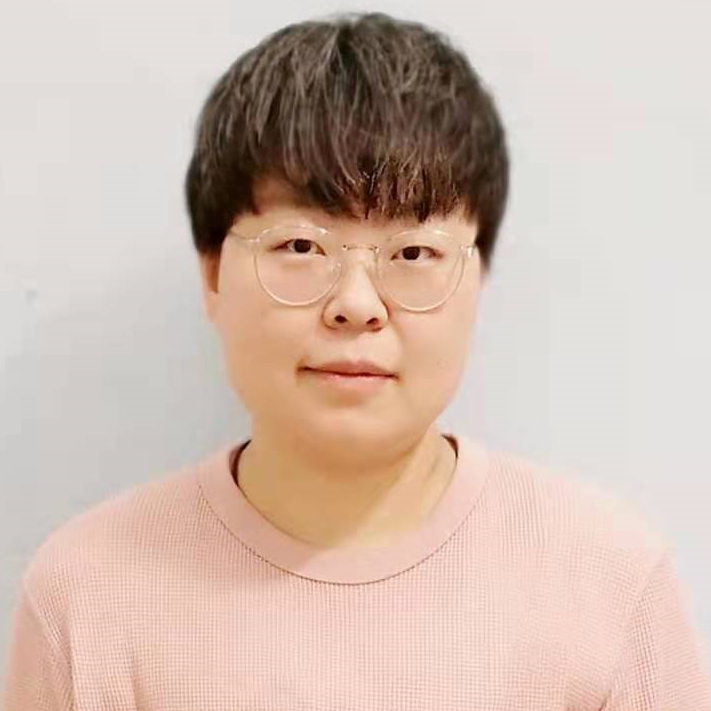 Ms TIAN Jingxuan
Ms TIAN Jingxuan
Department of Linguistics and Modern Language Studies
The Education University of Hong Kong
Abstract
To promote technology-enhanced language learning and teaching in higher education, a Community of Practice (CoP) on technology-enhanced language learning and teaching (TeLLT) has been established across four universities (EdUHK, HKU, CUHK, HKBU) in Hong Kong. In order to find out students’ and teachers’ experiences and views on TeLLT, surveys and interviews were conducted among students and teachers across the four universities, and the findings will be reported in this symposium, such as the e-resources/tools students and teachers commonly and frequently used in language learning and teaching, the participants’ perceptions of TeLLT, the challenges that the participants had faced, and what support they needed regarding TeLLT. The CoP team members will also introduce a newly developed E-hub for Technology-enhanced Language Learning and Teaching, which shares learning and teaching resources on TeLLT. In addition, the activities organized by the CoP, such as the teachers’ monthly sharing sessions, the student e-portfolio competition on technology-enhanced language learning, and the International Conference on TeLLT 2021 will be introduced. Finally, challenges and solutions of creating and maintaining a substantial Community of Practice on TeLLT will be discussed.
Feedback Orientation, a Key to Harness the Sustainable Power of Teacher Feedback to Maximise Productive Learning?
8 December 2021 I 10:30 – 11:30
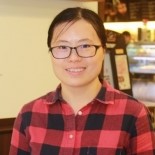 Chair
Chair
Dr Lan YANG
Department of Curriculum and Instruction
The Education University of Hong Kong
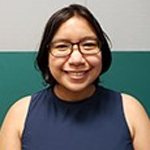 Ms Cherry FRONDOZO
Ms Cherry FRONDOZO
Department of Curriculum and Instruction
The Education University of Hong Kong
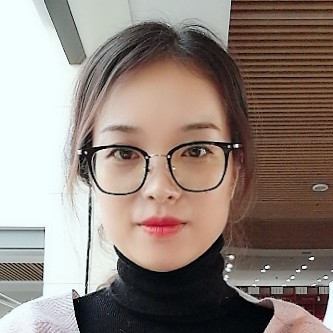 Ms Juan GAO
Ms Juan GAO
Department of Curriculum and Instruction
The Education University of Hong Kong
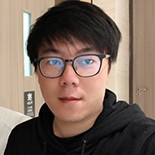 Mr Yiqi WU
Mr Yiqi WU
Department of Curriculum and Instruction
The Education University of Hong Kong
Abstract
The academic power of feedback affecting student achievement has been evident in influential synthesis studies. However, the relationship between feedback and achievement might not be linear. Researchers also found feedback is powerful, but it is also variable. Recently, some studies have called for student-centered feedback practices in order to leverage the role played by feedback in learning enhancement. While it is important to bring student-centered feedback approaches in to practice, it would be an essential part to explicitly examine the role played by students’ psychological processes of external feedback including their multiple aspects of feedback orientation. Compared to feedback research that has typically developed from a pedagogical perspective, less has been done to reveal the complexity of students’ psychological perspective to examine the power of feedback in affecting learning and achievement. Given this, there is a compelling need to explore students’ psychological processing of external feedback. In search of the underlying mechanisms of feedback in influencing student learning outcomes, this symposium will bring together four presentations on introducing three empirical studies and a systematic review: 1) Feedback orientation: What is it and why it matters to harnessing the power of teacher feedback in affecting learning? 2) Exploring the relationship between feedback orientation and learning engagement of Filipino university students; 3) The development of Hong Kong student teachers' feedback orientation as both feedback receivers and givers; 4) A systematic review of online assessment and feedback in recent three years and its implications to teaching and teacher education. Key findings of the four studies will be presented in detail through this symposium. All four presentations jointly explore the effects of feedback orientations, a psychological construct comprised of multiple feedback perceptions that collectively determine an individual students’ overall willingness and readiness to use the feedback to maximize learning opportunities and achievements.
Entrepreneurship in K-12 and University Education
在K-12和大學中推行創業教育
(This symposium will be conducted in Cantonese, and will be delivered in hybrid mode with physical venue at Creative Arts Room, 1/F, MMW Library.)
8 December 2021 I 14:00 – 15:00
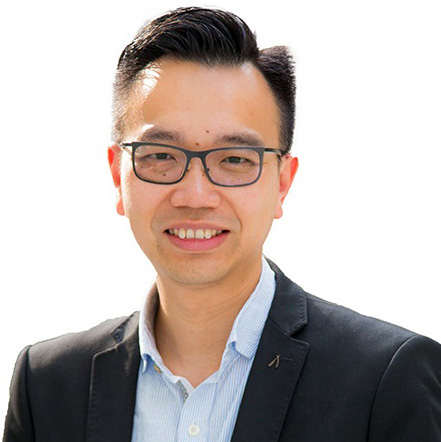 Chair
Chair
Principal CHU Tsz Wing
Chief Headmaster of St. Hilary’s Kindergarten and Primary Section
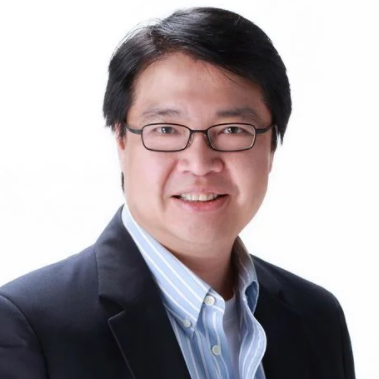 Professor Erwin HUANG
Professor Erwin HUANG
Associate Director
Technology, Innovation and Entrepreneurship Program
Hong Kong University of Science & Technology
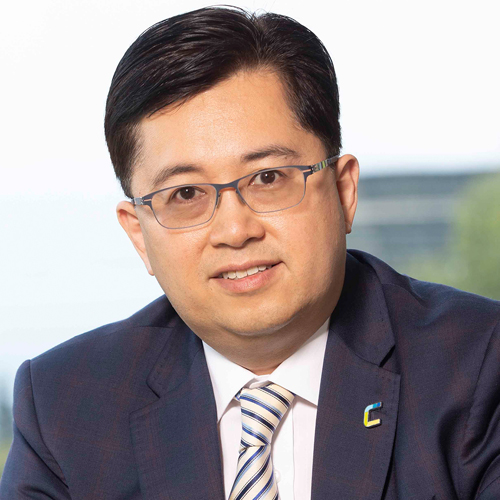 Ir. Eric CHAN
Ir. Eric CHAN
Chief Public Mission Officer
Cyberport
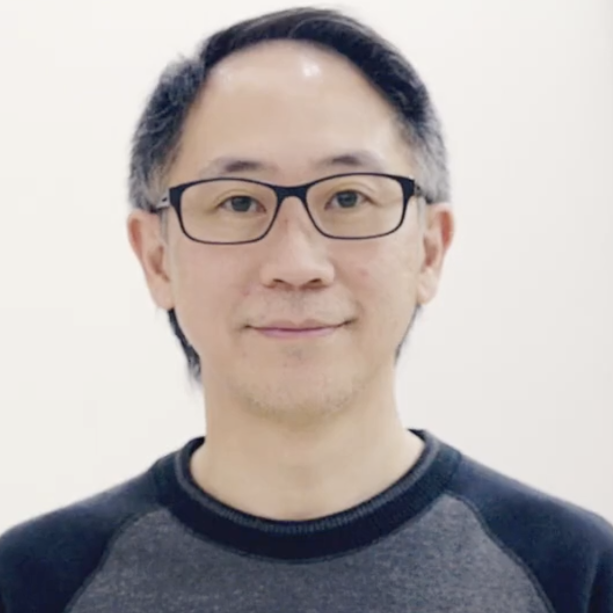 Mr Angus WONG
Mr Angus WONG
Chief Impact Officer
DreamStarter
Abstract
Entrepreneurship is undoubtedly a buzzword globally in the past few years. While entrepreneurship is not a traditional subject being taught in the classroom, Principal CHU Tsz-wing will be hosting seasoned guests from EdUHK, HKUST, DreamStarter and Cyberport to share their insights and experiences on entrepreneurship education in recent years.
Simply comparing the leading pack of Fortune500 for past decades, it is not difficult to reveal the change in the global economy. Catalysed by the disruption of technology innovators, such change is immense. With the faster-than-ever technology advancement, there are massive new opportunities and challenges for our future generations, not to mention the recent evolvement of metaverse. The best way to prepare youth for an unknown future is to learn to learn quickly, have an entrepreneurial mindset, work closely with the community together to overcome difficulties. Solving authentic problems is the real testing ground for future-ready education.
Under entrepreneurship education, startup-like students go through the end-to-end design thinking process. Students engage, interview and test with the people in need and pitch with different commercials and NGOs to crowdfund their projects under the real life context. The critical elements such as Design Thinking process, engaging community, reflections through failures and last but not least the authentic context for true experiential learning would be covered in this session.
Moreover, the panel team will be sharing insights on how we could curate contributions from higher education, K12, commercials startups to enrich entrepreneurship education and how educators could prepare ourselves better to embrace this new curriculum stream.
Where is Life Education?
8 December 2021 I 16:10 – 17:10
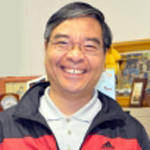 Chair
Chair
Mr Chin Wa LI
Department of International Education
The Education University of Hong Kong
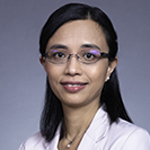 Dr Nga Sze LAU
Dr Nga Sze LAU
Department of Social Sciences
The Education University of Hong Kong
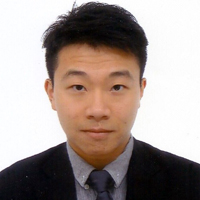 Dr Chun Yip TSE
Dr Chun Yip TSE
Centre for Language in Education
The Education University of Hong Kong
Abstract
Promoting positive life values by fostering wisdom and compassion can bring hope to future humanity. This presentation will share how life education in terms of well-being and resilience can be promoted through cultivating mindfulness. Dr. Lau has developed curriculum and pedagogy of mindfulness and positive values education for pre-service- and in-service teachers by introducing concepts and theories based on recent academic research. With approaches of engaging students in academic study with their daily life, a respectful and caring community is built in the class with self-reflection as key elements of transformation in cognitive, psychological and spiritual aspects. Provided with a safe and kind environment, students are encouraged to seek support. For knowledge transfer, students are encouraged to serve. Finally, I will share that how students are encouraged to engage in projects on positive values education with schools.
To enhance life and positive education, the practical community employs the viewpoints of Heaven (天), People (人), Things (物), and Self (我) to help undergraduates discover the happiness of mind, community, environment, and personal aspects. Mr Li will share his experience in teaching two life education courses: “Taste of Life: The meaning of Suffering and Hope (GEK1006)” and “Love’s Work – Cultivating Relations with Care (GEL1003)”, team members will share their experiences and explore how formal courses might help students have a better understanding of life's meaning and interpersonal relationships. Dr. Tse will introduce the “Generation Dialogue and Exchange Meeting” and share the experience of undergraduates' conversations with retired talents on “Birth, Old Age, Sickness, and Death”.
Enhancing Students’ Positive Life Values and Well-Being
9 December 2021 I 9:30 – 10:30
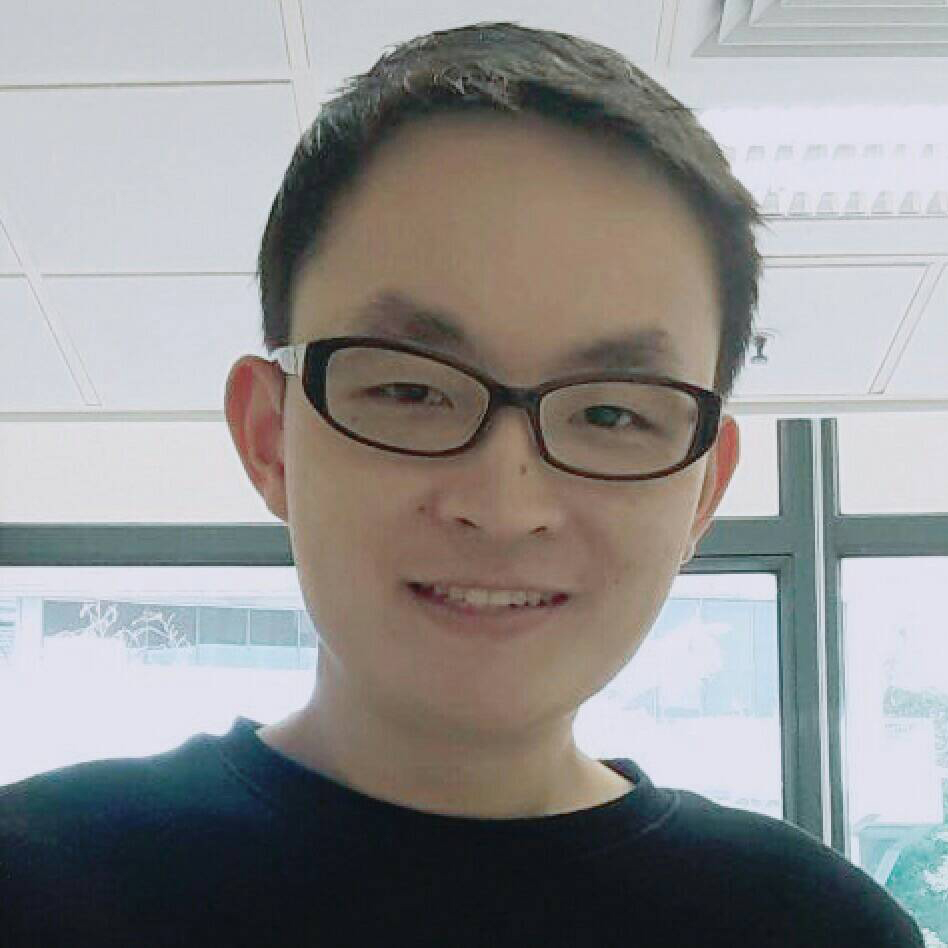 Chair
Chair
Dr Kevin Ka-Shing CHAN
Department of Psychology
The Education University of Hong Kong
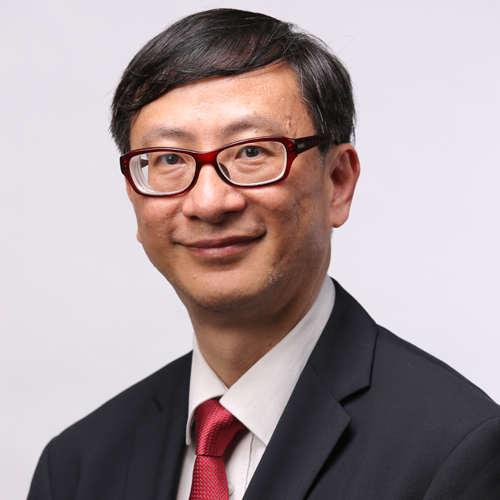 Professor John Chi-Kin LEE
Professor John Chi-Kin LEE
Vice President (Academic) and Provost
The Education University of Hong Kong
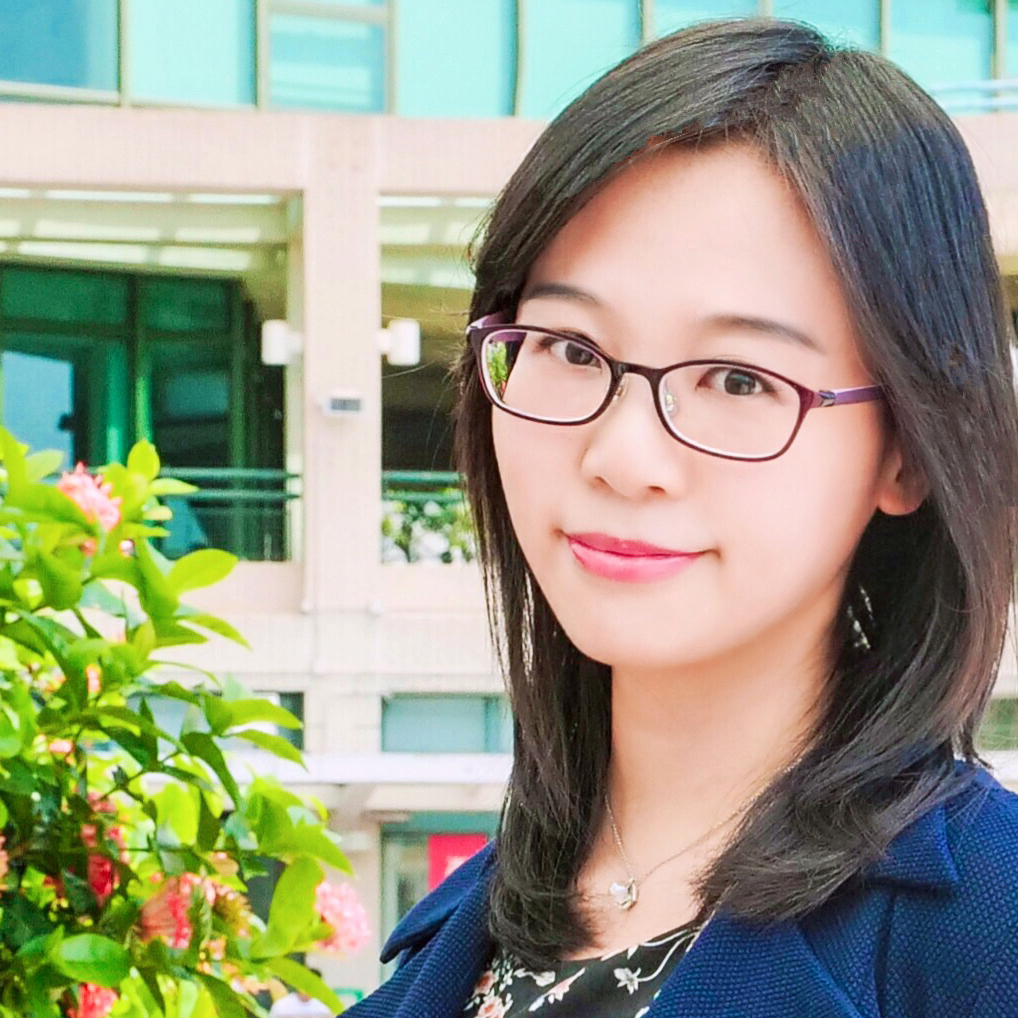 Dr Angel Nga-Man LEUNG
Dr Angel Nga-Man LEUNG
Department of Psychology
The Education University of Hong Kong
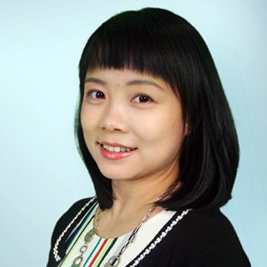 Dr Lucy Baohua YU
Dr Lucy Baohua YU
Department of English Language Education
The Education University of Hong Kong
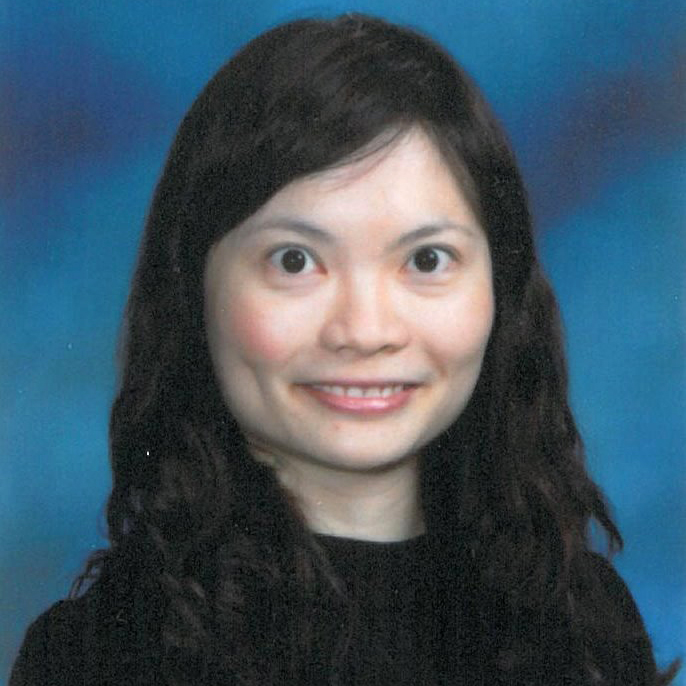 Ms Christine Hau-Yu TANG
Ms Christine Hau-Yu TANG
Department of Psychology
The Education University of Hong Kong
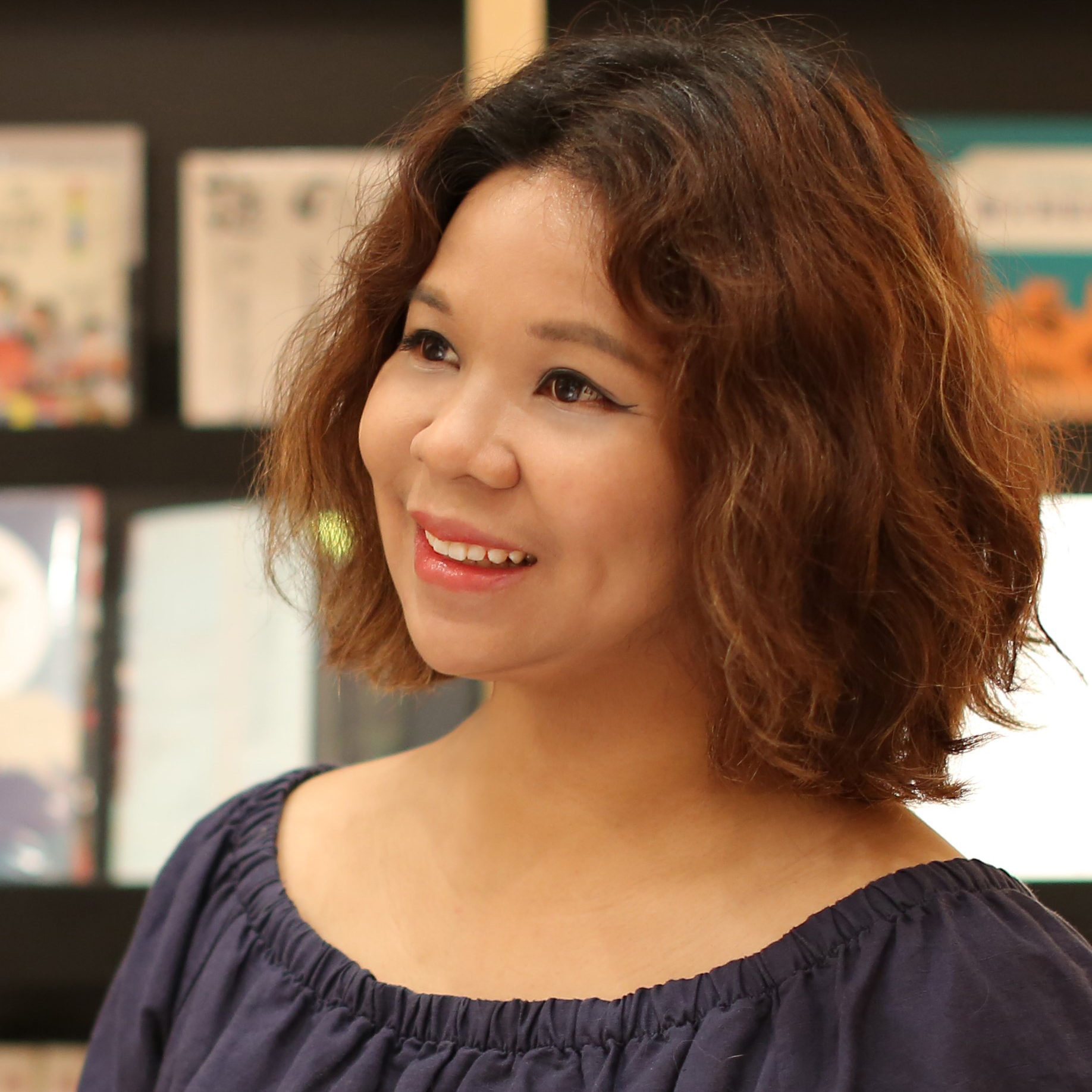 Dr Sarah Lai-Yin WAN
Dr Sarah Lai-Yin WAN
Department of Psychology
The Education University of Hong Kong
Abstract
A Community of Practice (CoP) was established in 2020 to promote positive life values and well-being among university students in the Education University of Hong Kong. The CoP team has adopted the Heaven, People, Environment, and Self perspectives to conduct life education and positive education and help students learn about transcendental, communal, environmental, and personal well-being. In this symposium, the CoP team members will share the results of a cross-sectional survey study about the levels and predictors of university students’ meaning in life and positive mental health. The CoP team members will also introduce a newly developed online learning platform, the E-hub for Life Education and Positive Education, which shares learning resources and teaching materials related to life education and positive education. Moreover, the CoP team members will introduce a collaborative digital storytelling project related to positive education, in which students are trained to create and reflect on a series of digital stories that highlight different contributing factors of a positive life, including personal character strengths and positive values (e.g., determination, courage, and bravery), family love and support, and friendship and collaboration. The CoP team members will discuss how these non-formal learning activities help students enhance personal, family and social well-being, and develop reflective skills and values-laden perspectives in their personal and professional lives.
Museum Education in Hong Kong: Teachers’ and Students’ Perspectives
(This symposium will be delivered in hybrid mode with physical venue at Creative Arts Room, 1/F, MMW Library.)
9 December 2021 I 11:45 – 12:45
 Chair
Chair
Professor John Chi-Kin LEE
Vice President (Academic) and Provost
The Education University of Hong Kong
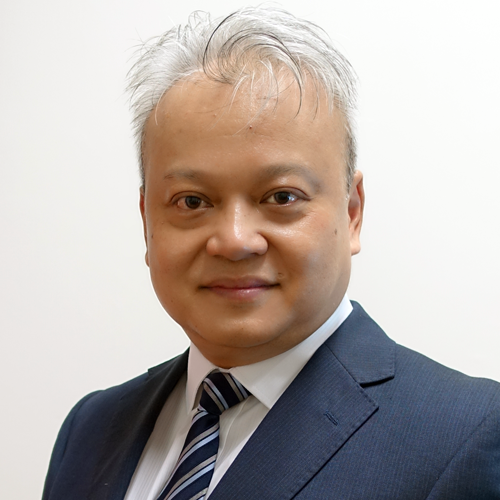 Dr Sammy King Fai HUI
Dr Sammy King Fai HUI
Associate Vice President (Student Learning)
The Education University of Hong Kong
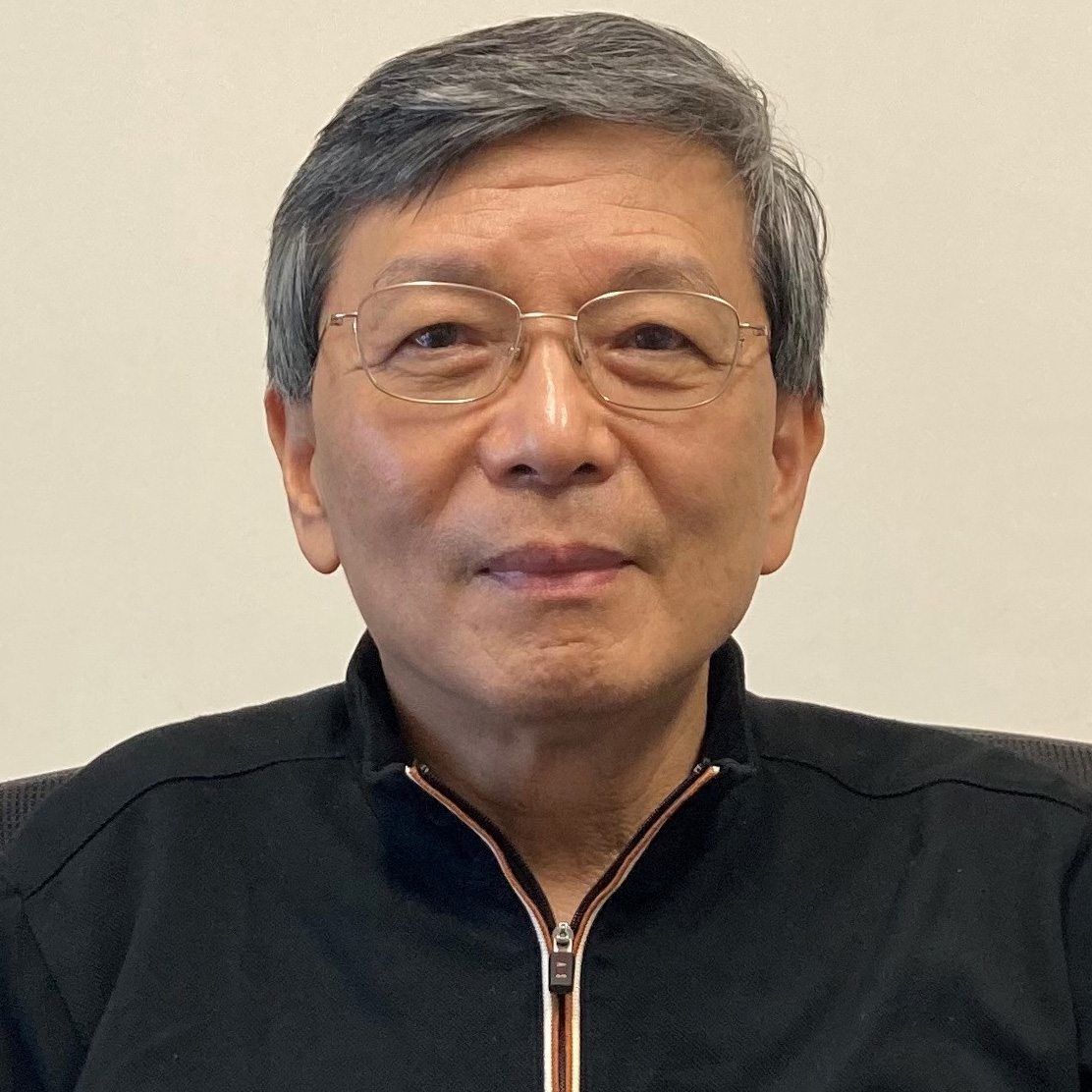 Dr Joe Tin Yau LO
Dr Joe Tin Yau LO
General Education Office
The Education University of Hong Kong
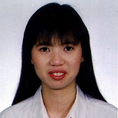 Ms Mandy Yuen Yee AU
Ms Mandy Yuen Yee AU
School Partnership and Field Experience Office
The Education University of Hong Kong
Abstract
A museum is an educational fair which facilitates individuals to explore and discover through inquiry. Museums provide participants with direct learning experience with objects and exhibits that relate to concepts and disciplinary subjects in the arts, history, science, and social science of specific time and space. Learning through museums is considered as one of the informal learning ways which is very different from formal learning in schools. This study aims to investigate Hong Kong primary school teachers’ and students’ perspectives, learning experiences and motivations in museum learning and visits. A survey study is adopted to gather the views and experiences of a sample of senior primary school students and teachers, in the local primary school context, on museum learning and visits in the past three years. Learners’ actual and preferred visits to museums as well as the types of motivations involved in visiting museums in a Chinese culture and context will be explored. The ways of interactions and various types of museum learning will also be examined, and teachers’ and students’ perspectives will also be compared. This study will provide insights into the enhancement of meaningful museum education journeys for students.
Interactive Workshop on Blended Learning and Teaching Under the New Normal
互動工作坊:新常態下的混合式教學
9 December 2021 I 14:00 – 15:00
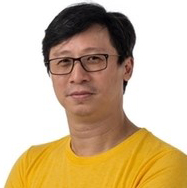 Mr Chi Hung HA
Mr Chi Hung HA
True Light Middle School of Hong Kong
FlippEducators@HK
Abstract
The pandemic has brought unprecedented challenges to the world including the educational sector of every region. Schools are locked down and face-to-face lessons in the classrooms were replaced by on-line live lessons on the Internet. Teachers all over the world including Hong Kong have gained new skills and insights during this period. Now the world is recovering but the world before the pandemic has gone. What takes up will be a new normal where habits and practices will be different from the past. This session will focus on the changes that teachers will encounter in the new normal such as blended learning: why is blended learning important? What are the implications to lesson design?
From Authentic Assessment to Future-Skills Building
10 December 2021 I 9:30 – 10:30
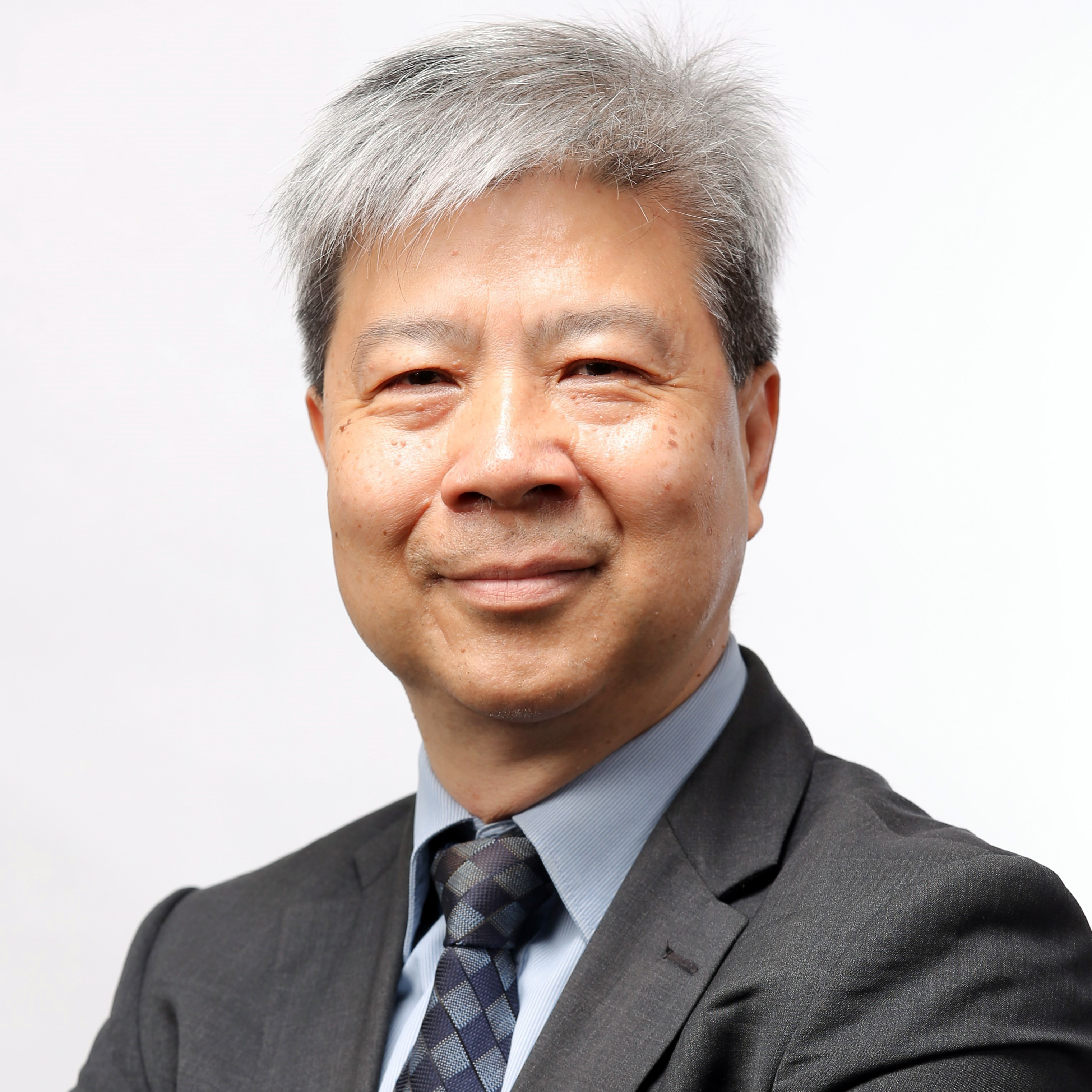 Chair
Chair
Professor KONG Siu-Cheung
Director, Centre for Learning, Teaching and Technology
The Education University of Hong Kong
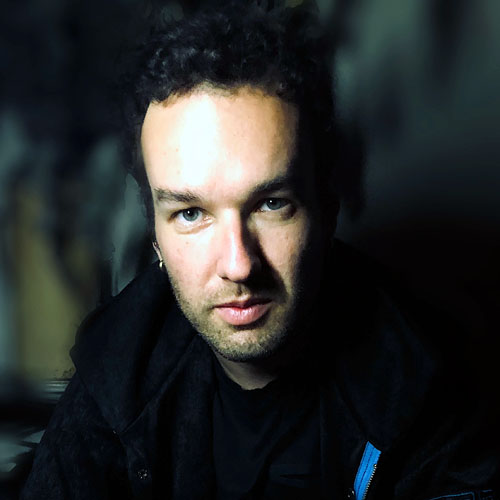 Dr Eugene Alexander BIRMAN
Dr Eugene Alexander BIRMAN
Assistant Professor, Department of Music
Hong Kong Baptist University
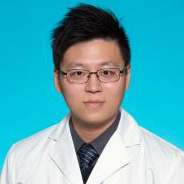 Mr CHEUNG Chun Hoi
Mr CHEUNG Chun Hoi
Assistant Professor of Practice, Clinical Division, School of Chinese Medicine
Hong Kong Baptist University
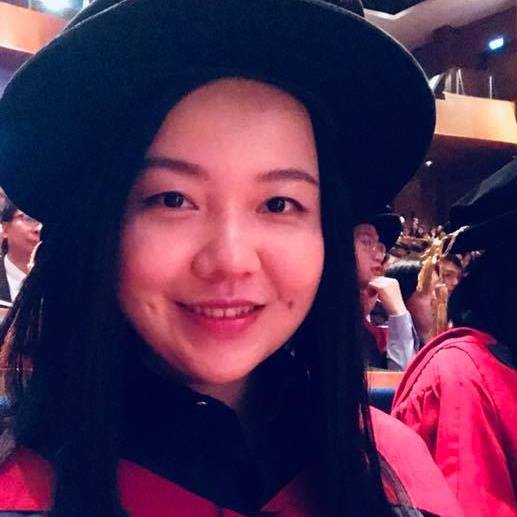 Dr LI Zhen Jennie
Dr LI Zhen Jennie
Assistant Professor, Department of Chinese Language Studies
The Education University of Hong Kong
 Dr WAN Lai Yin Sarah
Dr WAN Lai Yin Sarah
Senior Lecturer II, Department of Psychology
The Education University of Hong Kong
Abstract
Most disciplines are grappling with the need to develop skills to support students to thrive in a fast-changing world. At the course and programme levels, the design and implementation of holistic future-skills building efforts involve phases of work: from identifying potential skills gaps, reviewing course learning outcomes, reimagining assessment practices, to re-thinking about students' learning journeys in relation to relevance to the real-world.
The Education University of Hong Kong (EdUHK) and Hong Kong Baptist University (HKBU) launched a project entitled “Towards A Paradigm Shift for A New Model of Alternative Assessment” in July 2020 to explore new possibilities for authentic/alternative assessments. In this symposium, frontline Academic/ Teaching staff members from both universities will share their experiences in re-designing assessment plans and feedback processes for their courses with considerations on preparing students as future-ready contributors in their disciplines and global citizens in the world at large. The presenters will also discuss how the university can support them in implementing authentic/alternative assessments.
AI in K-12 and University Education
在K-12和大學中推行人工智能教育
10 December 2021 I 10:30 – 11:30
 Chair
Chair
Professor KONG Siu-Cheung
Centre for Learning, Teaching and Technology
The Education University of Hong Kong
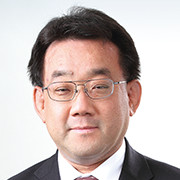 Professor Tatsunori MATSUI
Professor Tatsunori MATSUI
Waseda University
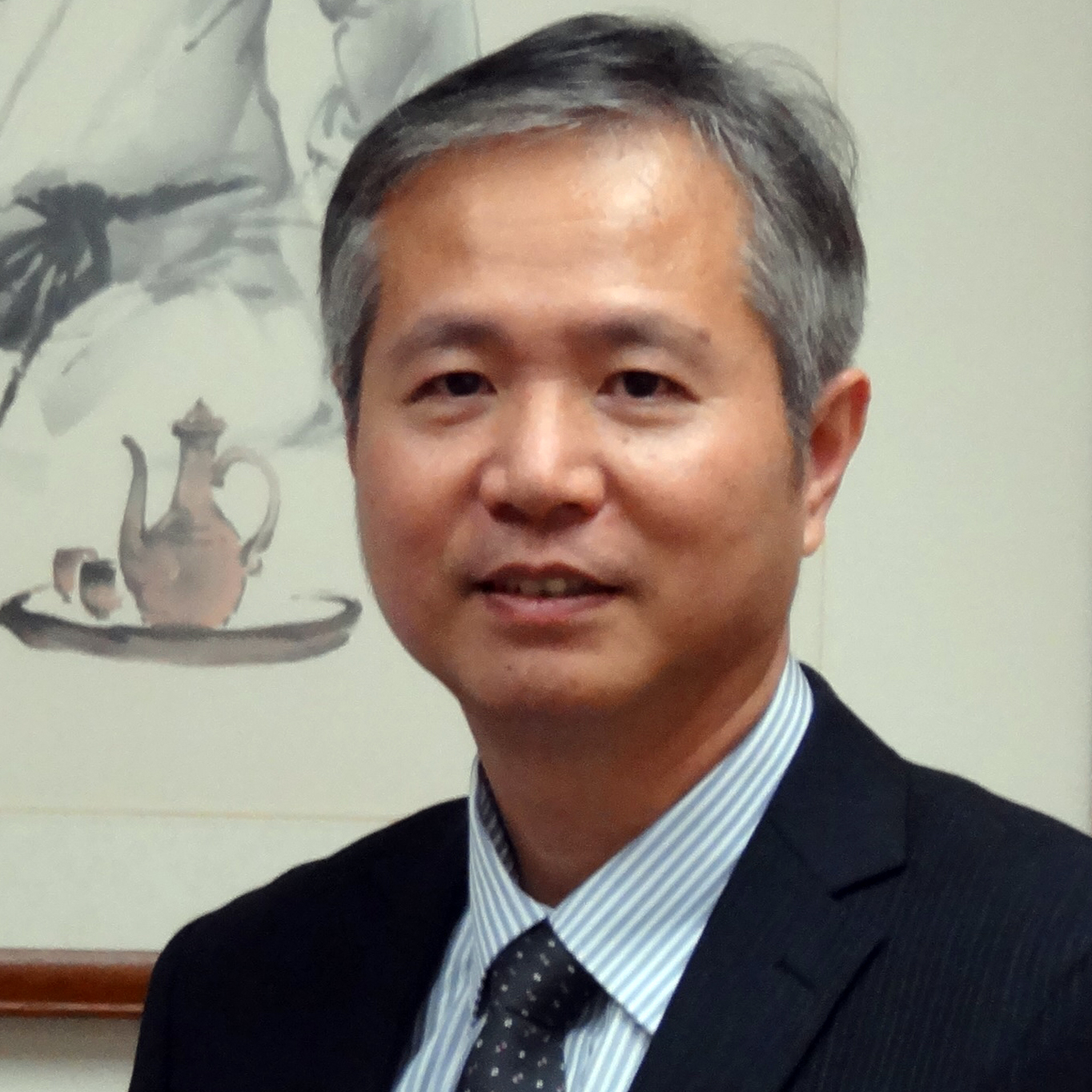 Professor Stephen YANG
Professor Stephen YANG
National Central University
 Dr Weipeng YANG
Dr Weipeng YANG
Department of Early Childhood Education
The Education University of Hong Kong
Abstract
In this symposium, the presenters will draw on their own projects and research to explore an approach to implementing AI-related initiatives in the education sector. For early childhood education, Dr. Weipeng Yang will present on an embodied AI curriculum for kindergarteners. Professor Kong Siu-Cheung will share his experience of running AI literacy programmes for primary, secondary school and university students. Professor Tatsunori Matsui will introduce the practice of AI literacy education in a highly interdisciplinary faculty, and will present the structure and evaluation of a class on AI offered for lower grades of undergraduate students. Professor Stephen Yang will address research on the use of human-centered AI to evaluate new designs of technology that can be leveraged to advance AI research, education, policy, and practice to improve humanity in learning analytics. Speakers of this session will inspire the audience on the essential understanding of AI, and how such an understanding would impact our further interaction with other learners, the education ecosystem, and the global society at large.
Future Classrooms@EdUHK2021
香港教育大學未來教室2021
(This symposium will be conducted in Cantonese, and will be delivered in hybrid mode with physical venue at Creative Arts Room, 1/F, MMW Library.)
10 December 2021 I 11:45 – 12:45
 Chair
Chair
Professor KONG Siu-Cheung
Centre for Learning, Teaching and Technology
The Education University of Hong Kong
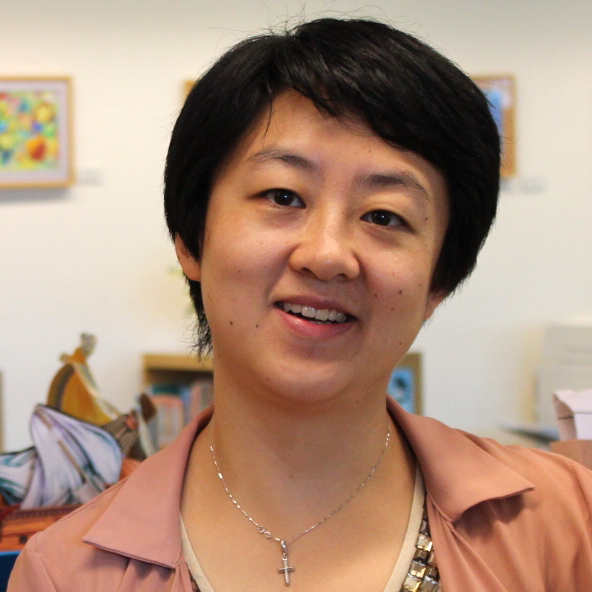 Dr HU Xinyun Annie
Dr HU Xinyun Annie
Department of Early Childhood Education
The Education University of Hong Kong
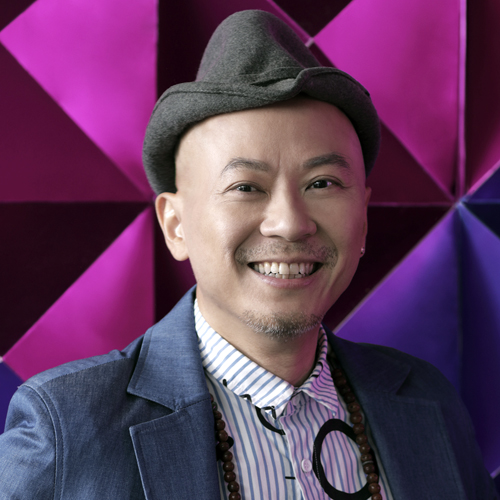 Dr HUNG Keung
Dr HUNG Keung
Department of Cultural and Creative Arts
The Education University of Hong Kong
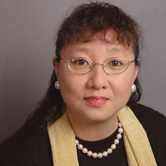 Dr WONG Wai Ying Paulina
Dr WONG Wai Ying Paulina
Department of Cultural and Creative Arts
The Education University of Hong Kong
Abstract
Eight Future Classrooms have been constructed inside EdUHK’s Mong Man Wai Library between 2018 and 2021, all of which are tailored for future pedagogical models and needs as well as technological advancements. The specialized set-ups in these new venues accommodate diverse needs of learner groups such as students with special educational needs, a wide range of virtual reality applications, and flexibility to support new and emerging pedagogical trends and educational technologies. These classrooms are ideal locations for students and teaching staff of EdUHK and local schools to experiment and experience innovative pedagogical practices. In this symposium, we will discuss the pedagogy-driven design principles backing up the Future Classrooms project, and share the experience of using the new spaces and IT applications for enhancing learning and teaching experience. Through the sharing, we hope to explore the ways to strengthen the longer-term abilities of pre-service teachers in reimaging their teaching practices, hence getting future-ready. We will also elaborate on how to promote the new concept of classroom teaching to benefit the wider school sector.

